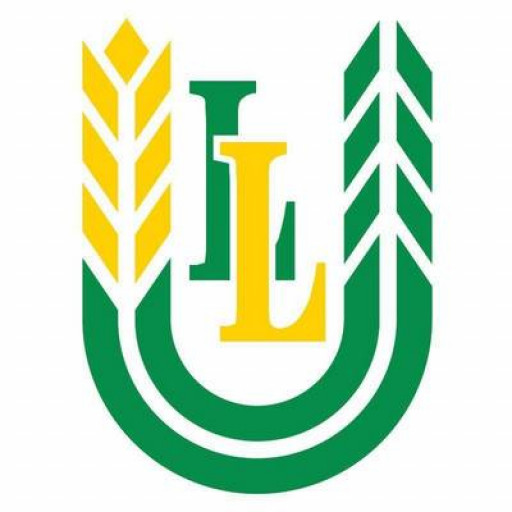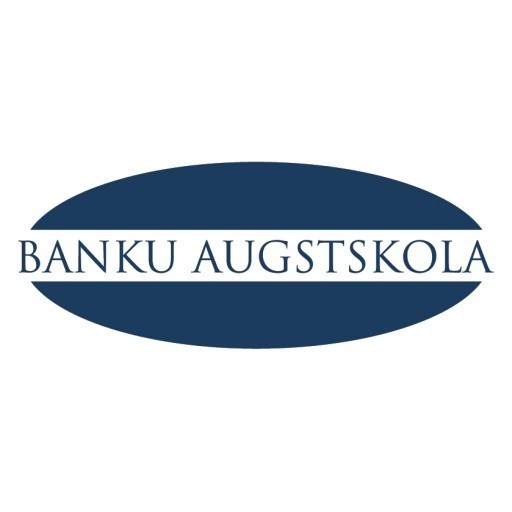Photos of university / #lluniversitate
The Economics undergraduate program at Latvia University of Life Sciences and Technologies offers students a comprehensive education in economic theories, principles, and practices. Designed to equip future professionals with a solid foundation in microeconomics, macroeconomics, econometrics, and economic policy analysis, this program prepares students to understand complex economic phenomena at both national and international levels. Throughout the course of study, students will engage in rigorous coursework that combines theoretical understanding with practical application, including case studies, data analysis, and policy assessments. The program emphasizes critical thinking, quantitative skills, and effective communication, ensuring graduates are capable of analyzing economic data, making informed decisions, and providing valuable insights for various sectors such as government, finance, consulting, and international organizations. Students will also have opportunities to participate in internships, research projects, and seminars that foster real-world experience and professional development. The curriculum is regularly updated to reflect current trends and challenges in the global economy, including sustainable development, digital transformation, and economic resilience. Graduates of the Economics program will be well-prepared for careers as economists, policy analysts, financial advisors, or pursue advanced studies in economics or related fields. The university's strong ties with industry and research institutions provide numerous opportunities for networking, collaboration, and career advancement. With a focus on innovation, analytical skills, and practical knowledge, the Economics program at Latvia University of Life Sciences and Technologies aims to develop competent professionals capable of contributing effectively to economic development and policy formulation both in Latvia and internationally.
This programme is aimed to provide students with the knowledge and skills necessary to be work-ready and competitive economists in the national and international labour markets. The study programme consists of compulsory courses, elective courses and practical training, which gives you:
- analytical skills and knowledge to understand economic circumstances in micro and macro level;
- ability to analyse and critically assess processes and mutual relations of factors in agrarian and environmental economics, or in business process management;
- understanding of how to make decisions and manage resources rationally and sustainably;
- an opportunity to get interested in research activities and awareness of importance of lifelong learning.
You will have the possibility to meet dynamic and experienced academic staff, to acquire unique knowledge in agricultural economics and to improve your knowledge abroad. The full – time Bachelor’s degree programme covers 4 academic years, where the 1st and 2nd academic years gives you general skills and abilities for an economist, but the 3rd and 4th academic years give you more specific skills in one of the following specialization directions: Agrarian and Environmental Economics or Business Process Management.
- Applicants with completed secondary education are approved for admission to the programme;
- Applicants must have at least a "Satisfactory" gradein Mathematics;
- must be able to present good English knowledge (minimum - CEFR level B2, IELTS score 5.5, TOEFL score 520, TOEFL-iBT score 68);
- need to pass an online aptitude test in social sciences.
Financing for the Economics program at Latvia University of Life Sciences and Technologies is primarily provided through a combination of state-funded places, tuition fees paid by students, and additional financial support options. The university offers a certain number of state-funded study places for qualified students, which significantly reduces the financial burden as these are free of charge for eligible applicants who meet the criteria set by the Latvian government. For students who do not secure a state-funded place, tuition fees apply, and the amount varies depending on the study level and program specifics. The university sets its tuition fees annually, ensuring that they are competitive with comparable programs in Latvia and the wider region.
Students have access to various financial aid options, including scholarships, grants, and student loans. Scholarships are awarded based on academic performance, financial need, or achievement in specific extracurricular activities. These financial aids help cover tuition fees and, in some cases, living expenses. The university also cooperates with national and international organizations to facilitate student exchange programs and additional funding opportunities, enhancing student access to financial resources.
Moreover, Latvia University of Life Sciences and Technologies encourages students to seek external sources of funding, such as Baltic, European Union, and private scholarships. The university's Career and Study Support Service provides guidance on applying for such funding and helps students develop applications to increase their chances of success.
Part-time work opportunities are also available to students through collaborations with local businesses and the university itself. These opportunities help students gain practical experience and support their financial needs during their studies. The university maintains transparent and accessible information regarding tuition fees, scholarships, and financial support programs to ensure students can effectively plan their finances.
In summary, financing the Economics program at Latvia University of Life Sciences and Technologies involves a mix of state funding, tuition fees, scholarships, external grants, and part-time employment. The university is committed to making education accessible and affordable for its students, providing various avenues for financial assistance to help them successfully complete their studies.
Your bachelor degree in economics will open various professional opportunities for you. Since you have acquired knowledge in agrarian economy, environmental economy and business process management, then you have a wide point of view on business processes in various sectors and are able to assess situations in the market, organize and manage comprehensive entrepreneurship and implement innovative management ideas in rural and urban areas.
Our recent Bachelor graduates are employed in agricultural sector companies, banking and finance sector companies, government institutions, academic and research organizations, self-owned companies.
Bachelor’s degree entitles graduates to continue studies in a respective Master’s study programme in universities in Latvia or abroad.

